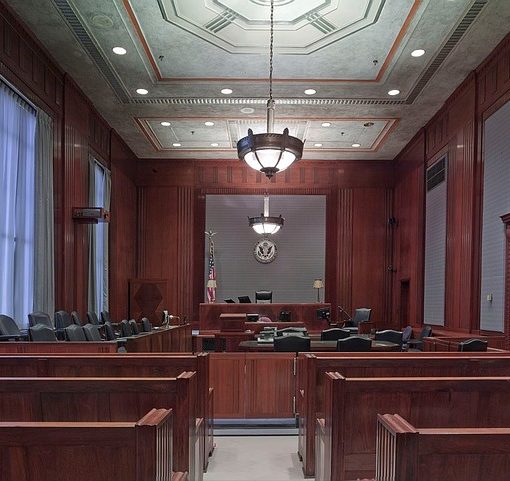
It is important to consult with your attorney about your bail amount because it may be possible to lower the amount. Also in regards to bail, you have Constitutional rights that need to be protected. If the bail is excessive or was improperly determined, your Constitutional rights may have been violated. If you are unsure whether your bail amount was proper, you can consult with Fort Worth Criminal Law Attorneys at Nickols & White, PLLC and they will ensure that your rights are protected.
What is Bail?
“Bail” is the amount of money determined by the court that the defendant must pay to get out of jail for pretrial release. Bail serves as the defendant’s promise to come back to court. A “bond” is the method that the bail is fulfilled or “paid” and comes in several different forms such as a personal recognizance bond, a surety bond, secured bond, and a cash bond.
How is my Bail Amount Set?
Texas law provides that the court regulates the required bond amount in any case and the court can use discretion when setting that amount so long as the bail amount is within the parameters of the Constitution and Texas law.
Bail is supposed to be set high enough to give assurance to the court that the defendant will return, but it is not supposed to be used as a mode of oppression.
The bail amount is based on individualized assessments where the court can consider numerous factors to determine the amount the bail should be set at. However, no individual factor will control the amount the bail is set at. Some of the factors considered by the court are the nature and circumstances of the charge, the ability of the defendant to make bail, and the future safety of a victim of the alleged offense and the community. The court can also consider whether or not the defendant is a flight risk.
- The nature and circumstances of the charge. The court looks at whether the alleged crime was a minor crime (such as petty theft or possession of a small amount of a controlled substance), or a major crime (such as aggravated assault or murder). The severity of the crime can either raise or lower the bail amount. The surrounding circumstances of the charge can include the criminal history of the defendant, the existence of outstanding bonds, and conformity with prior bonds. For instance, if the defendant is charged with stealing a backpack from a department store and has no criminal history, the court will likely not set the bail amount very high. But, someone charged with killing someone who has previously violated bond conditions and has a criminal record will likely have a high bail amount.
- The ability of the defendant to make bail. Here, the court can consider whether or not you have a job or steady employment, whether you are supervised at the job, and whether you have a family to support. If you have steady employment that you are supervised at and a family that depends on your employment, the court may consider lowering the bail amount. It is important to note that the defendant’s ability to pay does not define what the bail amount can be set at. The ability to pay is only one factor considered by the court when determining the bail amount.
- The future safety of the alleged victim and the community. The court will also look at the nature of the crime and the relationship with the alleged victim to determine whether the defendant poses a danger to the community or the alleged victim when setting the bail amount.
Overall, the bail amount set by the court should balance the court’s concerns that an arrestee will return to court and the arrestee’s interest in pretrial freedom. The bail amount is supposed to be set high enough that the defendant will show up to court, but not so high that it is excessive and unfair. To determine whether the amount is excessive or unfair you should consult with an attorney who can guide you through this process.
How do I get my bail amount lowered?
Bail is usually set “high” in the beginning of a case because the court only has the information provided from police officers regarding the incident. However, bail amounts can be lowered at a bail reduction hearing.
Constitutional protections give a defendant the right to request lower bail when the amount initially set by the court is too high.
At a bail reduction hearing, the defendant can argue that the bail amount set by the court is so high that it serves the purpose of a denial of bail and pretrial detention in jail. The defendant can also present evidence to the court. However, if the court can justify the bail amount, it is possible that the bail amount will not be lowered. The defendant should consult with an attorney regarding what evidence the defendant should provide in this hearing because it is possible that the prosecution could use this evidence against the defendant in the future.
A defendant should also be aware that just as the defendant can request that the bail amount be lowered, the state can request that the bail amount be raised.
Ask a Lawyer
Bail is only one aspect of pretrial release. The court can also place bond conditions on a defendant like an ankle monitor, house arrest, drug testing, and more.
Therefore, if you want your bail amount lowered or feel that the amount is excessive or unfair you should talk to with an attorney to discuss a possible course of action to get the bail amount lowered or bond conditions removed.
Call the experienced criminal law attorneys at Nickols & White, PLLC, at 817-617-7500.




